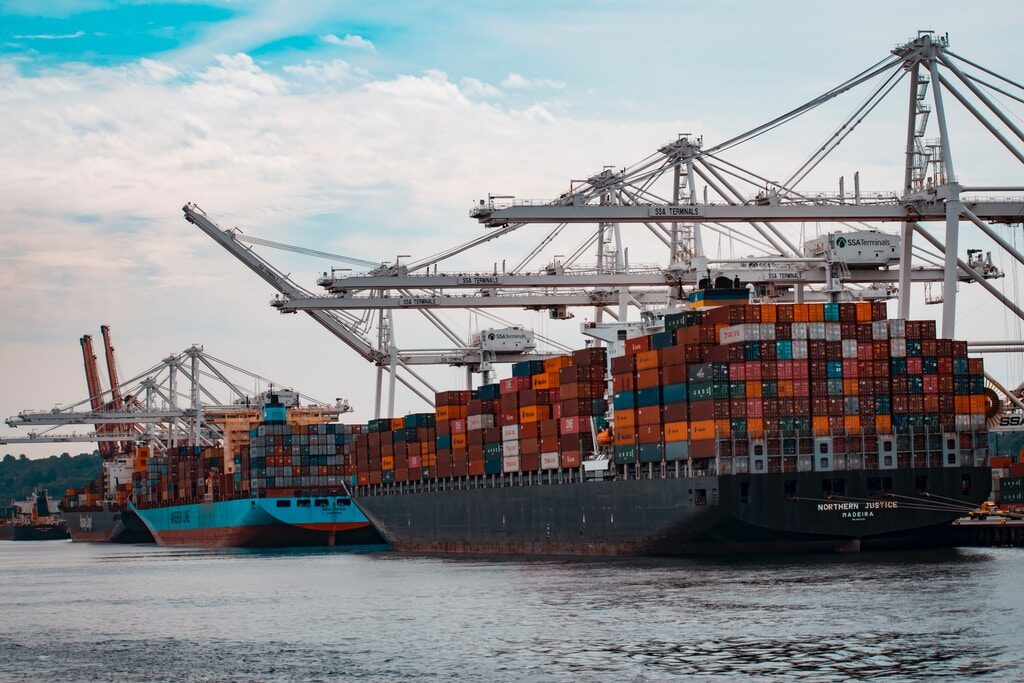When dealing with importing, the first step is to familiarize oneself with import duties. This is a long and complicated but essential process that a potential importer needs to be prepared for. A significant step in this process is finding the right supplier for the products. In this field, frauds and scams are not out of the ordinary and Chinese factories tend to promise more than they can achieve. Moving forward, I will highlight some of the most important steps for finding the right suppliers.

Where to start the search?
Finding a supplier is the first and most time consuming step into starting the importing journey from China. A fundamental strategy is important, along with knowledge, since quality checks will need to be performed in order to ensure that the right goods will be delivered. It is also mandatory to check for any documents and certifications that are required for specific products.
Here is a list of some popular and public starting sites that will help users with finding a supplier in China:
- Alibaba
- Global Sources
- Yiwu
- Made In China
Here are sites that offer suppliers for smaller quantities:
- AliExpress
- com
Alibaba is arguably the world’s largest business-to-business portal, and is extremely popular with Chinese companies. The middleman is safe, but it is often difficult to find products without dozens of competitors selling the same products already.
For this reason, it is often worth visiting trade shows. The best suppliers prefer trade-shows because it attracts serious importers who buy in volume. It’s safer for importers too because parties are able to talk face to face with the potential supplier and do a quality control check on the products in person. The Canton Fair is one of the largest trading shows in China held twice a year in Guangzhou. It attracts thousands of attendees and offers a large variety of products, but even if customers can’t attend this one, there are thousands of trade shows held in China all year round.
Verify the chosen Chinese supplier
The verification step of this whole process requires a bit of work and knowledge. In Chinese culture, it is known that Chinese people rarely say ‘’no’’. So, if you ask a Chinese factory whether they can manufacture a product to your requirements, you most likely won’t get ‘no’ for an answer, even if they don’t follow through. That’s why it’s important to ask for evidence to back up the claims made by the factory.
Communication is key, so if you have a hard time talking and getting answers from them you might want to reconsider whether you want to deal with that.
Another important reminder is to work only with factories that have the required test certifications. On top of that, always check what regulations and what certifications are required in the country you’re importing goods to. Check the company or factory location, their online feedback or the lack of it, ownership status, contact information and business license, you should avoid suppliers that don’t have an export license.
Request a sample
Once you find a supplier for your product, it is important to order a sample first from that supplier. A sample gives you an idea of the overall quality of the product from that supplier and of how long shipping times are. A good idea would be to order samples from a few companies to have a better idea of the options that are available, and to compare the quality of each of them. The supplier will likely charge you a sample fee, as well as the cost of shipping that product to you. If the factory can’t match your requirements, and a compromise can’t be met, then further research for a new supplier is necessary.
Formalities
As mentioned earlier, factories in China rarely deny questions and offers regarding the products. To avoid getting tricked it’s important to formalize your requirements to make sure your expectations are understood by the manufacturer. The contract between the importer and the Chinese supplier should cover product specifications, payment terms, quality standards, times, warranty agreements, and penalties if terms are not met. Lastly, it is important to get a lawyer that understands Chinese law and have them read over the terms and conditions, otherwise the contract might be useless.
